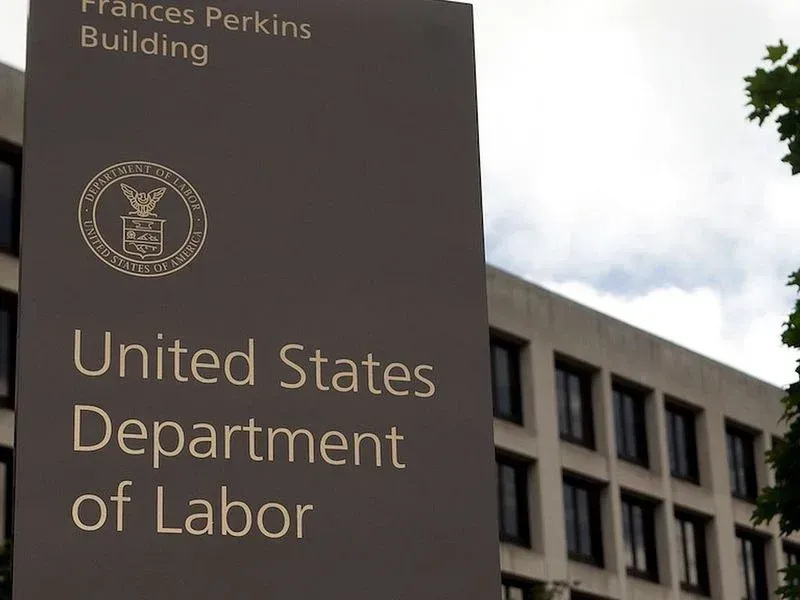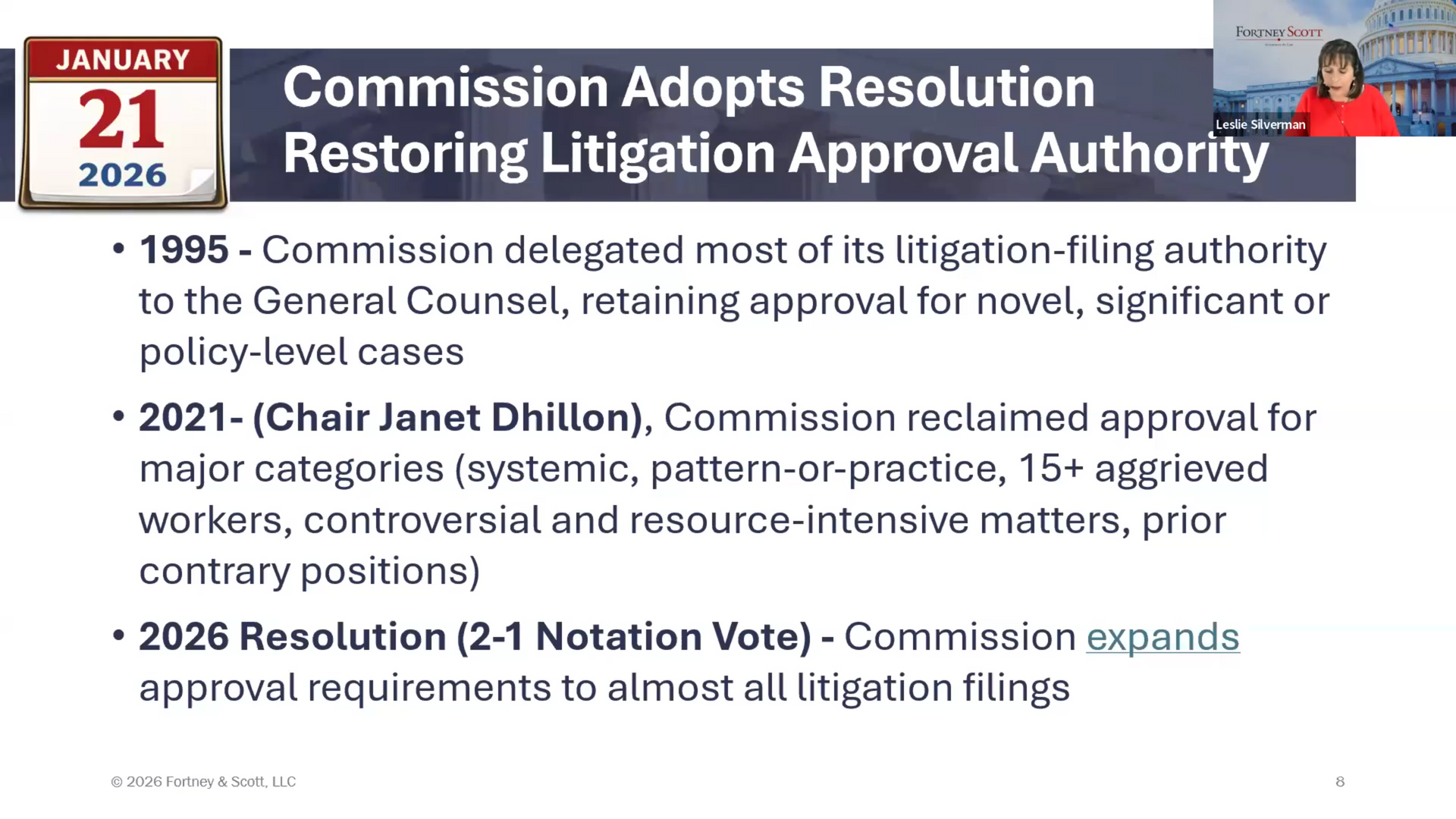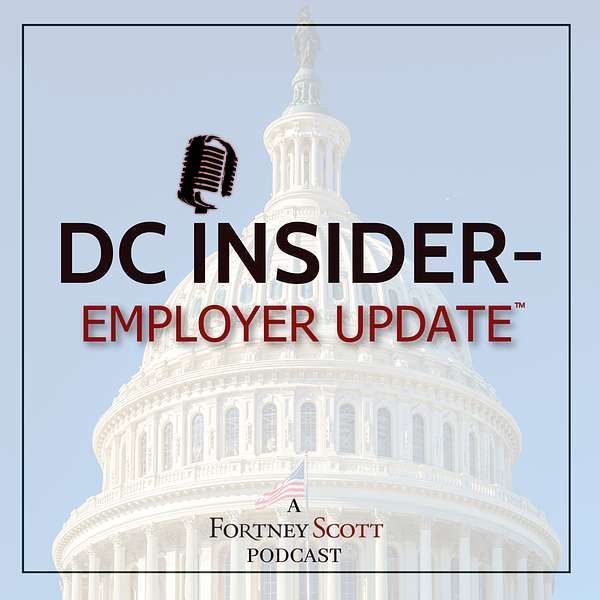Compensation May Be An Issue That Candidates on Both Sides of the Aisle Are Willing To Embrace
From his earliest days in office, President Barack Obama has made combatting compensation discrimination a top priority. As we are often reminded, The Lilly Ledbetter Fair Pay Act was the very first bill he signed into law. Not long thereafter, the White House created the National Equal Pay Enforcement Task Force, a cross agency task force aimed at finding ways to crack down on violations of equal pay laws. As this President’s term begins to wind down, we have seen the Equal Employment Opportunity (EEO) agencies take action. In June, the Office of Federal Contract Compliance (OFCCP) issued new Sex Discrimination Regulations. Earlier this month, the Equal Employment Opportunity Commission (EEOC) in coordination with OFCCP, published revised guidelines that will require employers to include employee compensation information in their annual EEO-1 reports. If the Office of Management and Budget approves, beginning in March 2018, employers with 100 employees or more must share employee pay data with the EEOC and the OFCCP annually.
If last week was any indication, employers, who may have been ignoring the issue under the guise that the increased federal focus on compensation is sure to dissipate in a Trump administration, are likely to be in for quite a surprise. At the Republican National Committee convention last week, the Trump campaign appeared ready to embrace equal pay. During Ivanka Trump’s address to the convention last Thursday, the GOP candidate’s daughter emphasized the need to focus on women’s compensation issues. Ivanka Trump said of her father, “as President … will change the labor laws that were put in place at a time when women weren’t a significant portion of the workplace” and “fight for equal pay for equal work.” Although Donald Trump did not address the issue in his lengthy acceptance speech, on a number of occasions the GOP Presidential candidate has indicated that he is studying it closely and suggested that the campaign may be introducing equal pay policy proposals in the not too distant future.
And it is not just the Republican Presidential candidate that is focusing on compensation. In a surprise to many, outside the formal political platform process, last week Congressman Luke Messer (IN), the Chair of the U.S. House of Representatives Republican Policy Committee announced that House Republicans have formed a Working Group on Women in the 21st Century Workforce. The Working Group, which will be chaired by Congresswoman Martha McSally (AZ). will focus on pay disparity and other barriers impacting women in the workforce.
FortneyScott will continue to monitor this issue and anticipate that fair pay issues will garner even greater attention at the Democratic Convention in Philadelphia this week. If you are interested in receiving future development at the national as well as the state level, please contact FortneyScott and we will include you in our email list.















